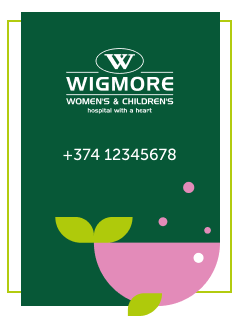Gonorrhea (colloquially known as the clap) is a common human sexually transmitted infection caused by the bacterium Neisseria gonorrhoeae. The usual symptoms in men are burning with urination and penile discharge. Women, on the other hand, are asymptomatic half the time or have vaginal discharge and pelvic pain. In both men and women if gonorrhea is left untreated, it may spread locally causing epididymitis or pelvic inflammatory disease or throughout the body, affecting joints and heart valves.
Treatment is commonly with ceftriaxone as antibiotic resistance has developed to many previously used medications.
Signs and symptoms
Half of women with gonorrhea are asymptomatic while others have vaginal discharge, lower abdominal pain or pain with intercourse. The most common male symptoms are urethritis associated with burning with urination and discharge from the penis. Either sex may also acquire gonorrhea of the throat from performing oral sex on an infected partner, usually a male partner. Such infection is asymptomatic in 90% of cases, and produces a sore throat in the remaining 10%. The incubation period is 2 to 14 days with most of these symptoms occurring between 4–6 days after being infected. Rarely, gonorrhea may cause skin lesions and joint infection (pain and swelling in the joints) after traveling through the blood stream (see below). Very rarely it may settle in the heart causing endocarditis or in the spinal column causing meningitis (both are more likely among individuals with suppressed immune systems, however).
Cause
Gonorrhea is caused by the bacterium Neisseria gonorrhoeae. The infection is transmitted from one person to another through vaginal, oral, or anal sex. Men have a 20% risk of getting the infection from a single act of vaginal intercourse with an infected woman. The risk for men who have sex with men is higher. Women have a 60–80% risk of getting the infection from a single act of vaginal intercourse with an infected man. A mother may transmit gonorrhea to her newborn during childbirth; when affecting the infant's eyes, it is referred to as ophthalmia neonatorum. It cannot be spread by toilets or bathrooms.
Prevention
While the only sure way of preventing gonorrhea is abstaining from sexual intercourse, the risk of infection can be reduced significantly by using condoms correctly and by having a mutually monogamous relationship with an uninfected person
Treatment
Gonorrhea if left untreated may last for weeks or months with higher risks of complications. As of 2010, injectable ceftriaxone appears to be one of the few effective antibiotics. Because of increasing rates of antibiotic resistance local susceptibility patterns need to be taken into account when deciding on treatment. Many antibiotics that were once effective including penicillin, tetracycline and fluoroquinolones are no longer recommended because of high rates of resistance. Cases of resistance to ceftriaxone have been reported but are still rare.












